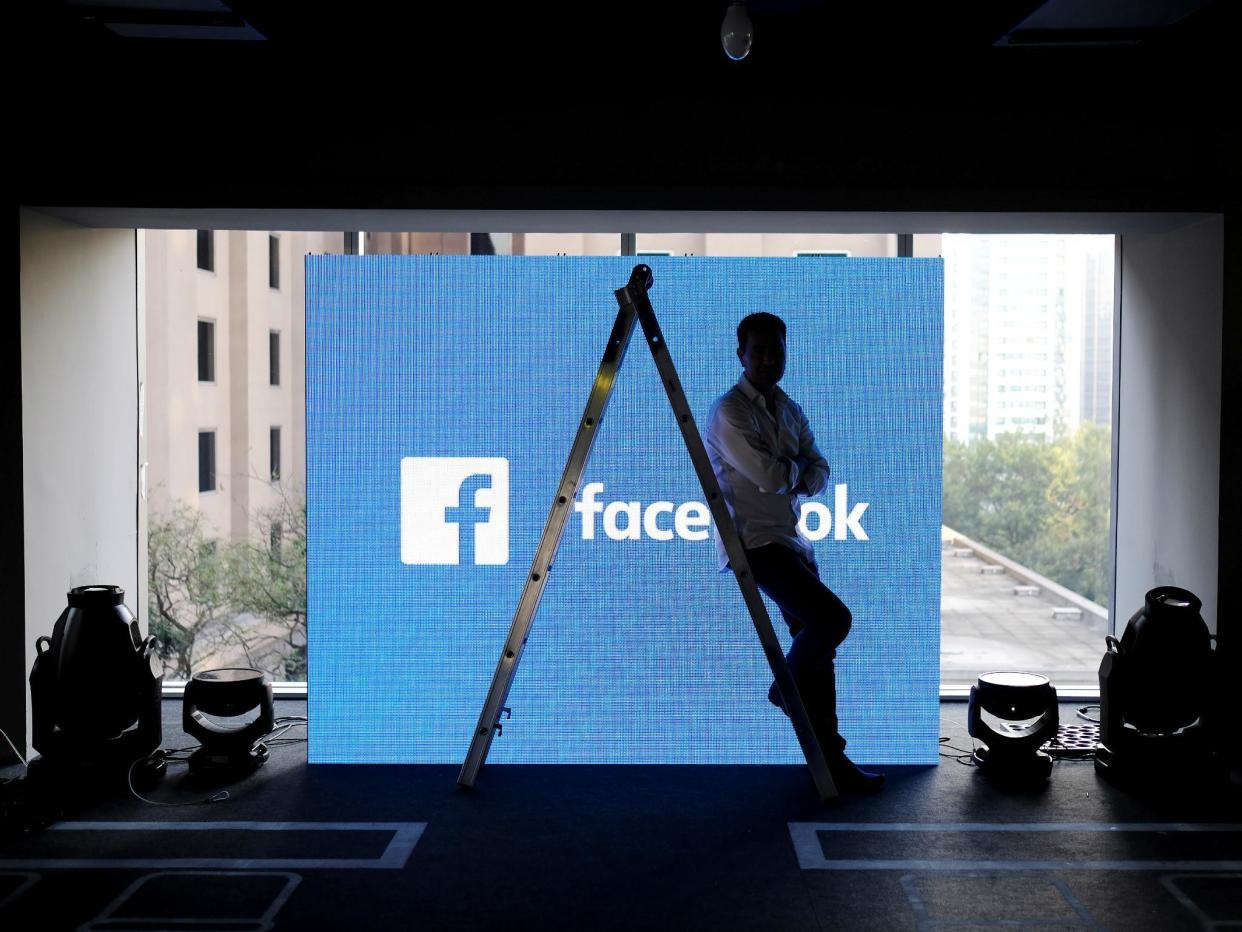Facebook adds tool to let people find out if they've been unknowingly liking Russian propaganda

Facebook is building a web page that will let them see what Russian propaganda they've liked or followed, it has said.
The tool is an attempt to fend of accusations that it is being secretive about the reach of fake Russian accounts, and that people are still unaware of what they have seen.
Those accusations have come particularly from US lawmakers, who argue that such accounts were able to influence the US election and benefited Donald Trump.
They have praised the feature. But it falls far below what they'd told Facebook to do, which would be to individually notify users about all of the Russian propaganda or ads they had seen.
As it is, users will have to see a story about the tool and opt to head to it and check what they had seen. Given billions of people use the site, it's likely that many people will never know about the page, let alone use it.
Facebook, Google and Twitter are facing a backlash after saying Russians used their services to anonymously spread divisive messages among Americans in the run-up to the 2016 US elections.
US lawmakers have criticised the tech firms for not doing more to detect the alleged election meddling, which the Russian government denies involvement in.
Facebook says the propaganda came from the Internet Research Agency, a Russian organisation that according to lawmakers and researchers employs hundreds of people to push pro-Kremlin content under phony social media accounts.
As many as 126 million people could have been served posts on Facebook and 20 million on Instagram, the company says. Facebook has since deactivated the accounts.
Facebook, in a statement, said it would let people see which pages or accounts they liked or followed between January 2015 and August 2017 that were affiliated with the Internet Research Agency.
The tool will be available by the end of the year as "part of our ongoing effort to protect our platforms and the people who use them from bad actors who try to undermine our democracy," Facebook said.
The web page will show only a list of accounts, not the posts or ads affiliated with them, according to a mock-up. US lawmakers have separately published some posts.
It was not clear if Facebook would eventually do more, such as sending individualised notifications to users.
Lawmakers at congressional hearings this month suggested that Facebook might have an obligation to notify people who accessed deceptive foreign government material.
Senator Richard Blumenthal, a Democrat who had asked for notifications, said Facebook's plan "seems to be a serious response" to his request.
"My hope is that it will be a responsible first step towards protecting against future assaults on its platform," he said in a statement.
Representative Adam Schiff, a Democrat, called it a "very positive step" and said lawmakers look forward to additional steps by tech companies to improve transparency.
Additional reporting by agencies

